Finding the right laptop for programming can seem overwhelming with so many choices. But don’t worry, this guide will make it easier. We’ll cover what features to look for, compare top brands and models, and suggest options for different budgets. This way, you’ll find the perfect laptop for your coding needs, whether you’re experienced or just starting.
A sleek and modern laptop with a sleek design, featuring a backlit keyboard and a large, high-definition screen. The laptop should have fast processing speeds and ample storage for coding projects. It should be lightweight for easy portability and have strong battery life to keep up with long programming sessions on the go. The laptop should also have plenty of connectivity options for external devices and accessories.
Key Takeaways
- Processor power and RAM capacity are critical for programming tasks
- Solid-state drives (SSDs) offer faster boot times and program loading compared to traditional hard disk drives (HDDs)
- Balancing portability and performance is key when selecting a programming laptop
- Operating system choice (Windows, macOS, or Linux) can impact your development workflow
- Budget-friendly options are available for entry-level coders, while mid-range and high-end laptops cater to more demanding programming needs
Identifying Essential Features for Programming Laptops
When looking for the best laptop for programming, focus on processor power and RAM capacity. Programmers deal with tasks like compiling code and multitasking. A fast CPU and enough RAM are key for smooth performance and avoiding delays.
Processor Power and RAM Capacity
Choose laptops with the latest Intel Core i5 or i7 processors, or AMD Ryzen equivalents. These CPUs handle demanding coding tasks well. Make sure your laptop has at least 8GB of RAM, but 16GB or more is better for programming.
Storage Options: SSD vs HDD
The storage type affects your programming work. Solid-state drives (SSDs) are fast, making them great for programmers. Traditional hard disk drives (HDDs) offer more storage but are slower. If you can, pick a laptop with an SSD for the OS and apps, and a HDD for files.
Think about the processor, RAM, and storage to find a powerful laptop for programming. With the right hardware, you won’t face delays while writing, compiling, or testing code.
Create an image of a laptop with various programming-related elements surrounding it, such as code snippets, programming languages logos, and software development tools icons. The laptop should have a high-resolution display and a fast processor, with plenty of memory and storage space. Additionally, show various peripherals such as a good quality keyboard, mouse, and headphones to ensure an efficient and comfortable coding experience. Lastly, include a subtle hint of a techy atmosphere or workspace to complete the overall vibe.
Weighing Portability vs. Performance Trade-offs
Choosing the right laptop for programming means deciding between portability and performance. Programmers often move around and need a device that balances ease of transport with power. So, is a 14 inch laptop good for programming, or should you choose a bigger, more powerful one?
Smaller laptops are great for those who are always on the move. They’re perfect for coding in coffee shops, on trains, or during meetings. But, they might not have enough power for tough programming tasks like running many apps or working with big datasets.
The best laptop for programming and gaming might be bigger and more powerful. These laptops have strong CPUs, lots of RAM, and great graphics. They’re perfect for heavy-duty programming. But, they’re not as easy to carry around.
“The key is to evaluate your specific needs and workflow to find the right balance between portability and performance.”
Choosing between a portable and a powerful laptop for programming depends on what you need and like. Think about your coding projects, the software you use, and how much you work remotely. By considering these factors, you can pick a laptop that fits your programming style and lifestyle.
A sleek and slim laptop with a modern design, balanced on one hand, while the other hand holds a bulky and powerful laptop with glowing red lights. The background shows the hustle and bustle of a city street, with people moving quickly in different directions. The image captures the contrast between the two laptops, representing the trade-off between portability and performance in choosing the best laptop for programming.
Operating System Considerations for Programmers
Choosing the right laptop for programming means picking the right operating system (OS). Programmers often debate between Windows, macOS, and Linux. Each OS has its own pros and cons, depending on what you need and like.
Windows: A Versatile Platform
Windows is a top pick for many programmers. It’s great for those working on Windows apps or using Microsoft’s tools. It’s compatible with a lot of software and has a familiar interface.
macOS: Refined Functionality
macOS is perfect for Apple-focused projects or those who like a sleek interface. It offers a smooth development experience thanks to its tight hardware and software integration. But, it might not have as many programming tools as Windows or Linux.
Linux: Flexibility and Control
Linux is all about flexibility and control for programmers. It has many distributions and a huge open-source community. This makes it great for building and deploying apps. But, it can be harder to learn and might not work with all software.
Your choice of OS depends on your project needs, the tools you like, and your personal taste. Looking at the pros and cons of each OS can help you pick the best brand laptop for programming. It also tells you if you need a high-end laptop for programming.
best laptop for programming
Choosing the right laptop for programming is not easy. It depends on what you need, what you like, and how much you can spend. But, there are some key things programmers should think about when picking a laptop.
We’ve put together a list of the main things to consider when looking at programming laptops:
- Processor Power: A strong CPU is key for handling tough programming tasks. Look for laptops with Intel Core i5 or i7 processors, or AMD Ryzen equivalents, for the best performance.
- RAM Capacity: Programmers often work with many apps open at once. So, try to get a laptop with at least 8GB of RAM. 16GB or more is even better for smooth coding.
- Storage Options: SSDs are faster than HDDs for starting up and accessing files. Consider a laptop with an SSD for your OS and programs, and an HDD for extra files.
- Portability: If you work on the move, choose a laptop that’s light and small. But remember, a smaller laptop might not perform as well.
- Operating System: Your choice of operating system matters. Programmers often prefer Windows, macOS, or Linux for different reasons and software options.
Keep these points in mind to find the best laptop for programming that fits your needs and budget. Whether you’re an experienced coder or just starting, picking the right laptop can make a big difference in your work.
| Brand | Model | Processor | RAM | Storage | Price |
|---|---|---|---|---|---|
| Dell | XPS 15 | Intel Core i7 | 16GB | 512GB SSD | $1,499 |
| HP | Envy x360 | AMD Ryzen 5 | 8GB | 256GB SSD | $799 |
| Lenovo | ThinkPad X1 Carbon | Intel Core i5 | 8GB | 256GB SSD | $1,199 |
The best laptop for programming is the one that fits your needs and gives you the performance you need. By looking at these factors, you’ll be closer to finding the perfect laptop for your programming work.
Recommended Budget-Friendly Programming Laptops
Finding the best budget laptop for programming can seem tough. But, there are many affordable laptops that offer a great coding experience. They’re perfect for entry-level programmers or those on a tight budget. Let’s look at some top picks that balance performance and value well.
Affordable Options for Entry-Level Coders
If you’re new to programming and don’t need top-notch specs, check out these budget-friendly laptops. They can handle your coding tasks well:
- Acer Aspire 5: It has a good mix of processor power, RAM, and storage. This makes it a reliable choice for basic programming at a low price.
- HP Pavilion 15: This laptop has a versatile design and decent specs. It’s a great pick for new programmers who don’t want to spend a lot.
- Dell Inspiron 15 3000: It offers solid performance and various configuration options. This series is an excellent choice for those starting programming without spending too much.
When picking a budget laptop for programming, look at the processor power, RAM, and storage. These factors ensure your laptop can handle your coding tasks. Even though these laptops may not match high-end workstations, they’re reliable and affordable for many entry-level programmers.
The key is to balance your budget with the features you need for programming. With some research and thought about your needs, you can find a budget-friendly laptop. It will help you on your coding journey.
Mid-Range Programming Laptop Contenders
Programmers who need more power than budget options offer find mid-range laptops perfect. These laptops have faster processors, more RAM, and better graphics. They are great for many programming tasks and projects.
When picking a mid-range best laptop for programming, think about these key points:
- Processor: Choose laptops with Intel Core i5 or AMD Ryzen 5 processors for a big performance boost.
- RAM: Go for at least 8GB of RAM, but 16GB is even better for most programming tasks.
- Storage: Pick a solid-state drive (SSD) as your main storage. SSDs are faster than traditional hard disk drives (HDDs).
- Graphics: Integrated graphics are usually enough for programming. But, a dedicated graphics card helps with game development or running demanding software.
| Model | Processor | RAM | Storage | Price |
|---|---|---|---|---|
| Acer Aspire 5 | Intel Core i5-1135G7 | 8GB | 256GB SSD | $599 |
| Dell Inspiron 15 5000 | AMD Ryzen 5 5500U | 12GB | 512GB SSD | $699 |
| HP Spectre x360 | Intel Core i5-1135G7 | 8GB | 256GB SSD | $949 |
Mid-range laptops offer a great mix of performance, portability, and value for programmers. They balance how to choose a laptop for programming and do i need a high-end laptop for programming.
“The right mid-range laptop can provide the power and flexibility needed for a wide range of programming tasks, without breaking the bank.”
High-End Programming Workstations
If you’re working on big projects like game development or machine learning, a high-end programming laptop is a good choice. These laptops have top specs, including strong processors, lots of RAM, and great graphics. They make it easy to handle tough coding tasks.
Top-of-the-Line Specs for Demanding Tasks
Do you need a high-end laptop for programming? It depends on your projects. High-end laptops are great for programming and gaming. They have the latest parts that make coding easier for complex projects. These laptops have:
- Powerful, multi-core processors from Intel or AMD to efficiently tackle multi-threaded applications
- Ample RAM, often 16GB or more, to support resource-intensive tasks and enable smooth multitasking
- Dedicated, high-performance graphics cards from NVIDIA or AMD to accelerate rendering and visualization
- Capacious solid-state drives (SSDs) for fast boot times and rapid file access
- Robust cooling systems to maintain optimal performance under heavy workloads
These specs make high-end laptops perfect for tough coding tasks. They give you great performance and help you work faster and more efficiently.
| Feature | Importance for Programming |
|---|---|
| Processor | High-core count and clock speed for efficient multi-threaded applications |
| RAM | Ample memory to handle large codebases, virtual machines, and data-intensive tasks |
| Graphics | Dedicated GPU for accelerating tasks like 3D modeling, game development, and machine learning |
| Storage | Fast SSD storage for rapid file access and program loading |
| Cooling | Robust cooling to maintain peak performance during sustained workloads |
Investing in a high-end programming laptop lets developers and coders do their best work. They can handle complex tasks with ease and work more efficiently.
Programming-Specific Laptop Accessories
When looking for the best laptop for programming, the right accessories can make a big difference. They boost your productivity and comfort. These add-ons can take your programming to the next level.
Enhance Your Workflow with External Peripherals
Think about upgrading your laptop with these key accessories:
- An external keyboard can make typing more ergonomic and comfy, especially for long coding sessions.
- A high-quality mouse, wired or wireless, gives precise control and smooth navigation through your projects.
- A portable monitor, like a USB-powered display, expands your screen space and helps with multitasking.
- A docking station connects many peripherals, turning your laptop into a versatile workstation.
These accessories streamline your workflow, boost productivity, and make coding more comfortable and efficient.
Maximize Your Laptop’s Potential
Also, consider these other accessories to enhance your programming setup:
- A laptop cooling pad keeps your device cool during intense coding.
- A surge protector or power bank ensures constant power and protects against spikes or outages.
- A high-quality laptop bag or backpack safely carries your device and accessories to and from work.
Choosing the right accessories for programming can make your laptop work better. It helps create a personalized, productive coding space that meets your needs.
| Accessory | Benefits for Programmers |
|---|---|
| External Keyboard | Improved ergonomics, comfortable typing experience |
| High-Quality Mouse | Precise control and smooth navigation |
| Portable Monitor | Expanded screen real estate for multitasking |
| Docking Station | Versatile workstation with multiple peripherals |
| Laptop Cooling Pad | Maintains optimal device temperature during intensive use |
| Surge Protector/Power Bank | Ensures uninterrupted power supply and protects against spikes |
| Laptop Bag/Backpack | Safe transport of laptop and accessories |
Adding these programming-specific laptop accessories to your setup can improve your coding experience. It helps you get the most out of your best laptop for programming.
Conclusion
Choosing the right laptop for programming is key to your success. It affects how well you can work and code. Whether you’re just starting or have years of experience, there’s a laptop out there for you.
Look at the important features like processor speed, how much RAM it has, and how much storage it offers. This ensures your laptop can run your coding projects smoothly. Also, think about how portable you need your laptop to be and the pros and cons of different operating systems. This will help you find the perfect fit for your coding needs.
There are many laptops available, from affordable ones for beginners to powerful ones for complex tasks. By doing your research and comparing different options, you can find the best laptop for programming. This will help you write code, work on big projects, and improve your programming skills.
FAQ
Which brand laptop is best for programming?
Choosing the best laptop for programming depends on what you need and like. Top brands for programming include Dell, HP, Lenovo, Acer, Asus, and Apple for those who prefer macOS. Look at processor power, RAM, storage, and build quality when picking a brand.
How to choose a laptop for programming?
Focus on key features like processor power, RAM, storage, and operating system when choosing a laptop for programming. Aim for at least 8GB of RAM, a fast CPU, and an SSD for storage. Consider how portable you need the laptop to be versus its performance.
Do I need a high-end laptop for programming?
Your laptop needs depend on your projects’ complexity and tasks. A high-end laptop with a strong processor, lots of RAM, and fast storage can improve your programming. But, an entry-level or mid-range laptop might be enough if you’re starting or working on simpler projects.
Is a 14-inch laptop good for programming?
A 14-inch laptop is a good choice for programming. It balances portability with enough screen space. While 15-inch or 17-inch laptops offer more space and power, 14-inch ones are lighter and easier to carry, great for programmers who work on the move.
What is the best budget laptop for programming?
For budget-friendly options, consider the Acer Aspire 5, Dell Inspiron 15, and Lenovo IdeaPad 3. These laptops offer good performance and value. They come with a modern processor, 8GB of RAM, and a fast SSD for quick boot times and file access.
What is the best laptop for programming and gaming?
For programming and gaming, check out the Asus ROG Zephyrus G14, Razer Blade 15, and Dell G5 15 Gaming. These laptops have powerful processors, graphics cards, plenty of RAM, and storage for both programming and gaming.
What are the coding laptop requirements?
For coding, you need a fast processor, at least 8GB of RAM, and a solid-state drive (SSD). A display with good color accuracy and viewing angles is also important. Make sure the operating system works with your programming tools and language.
What is the best laptop for computer programming?
There’s no single “best” laptop for programming. The best choice depends on your needs and budget. Consider the Dell XPS 15, HP Spectre x360, Lenovo ThinkPad X1 Carbon, or MacBook Pro if you prefer macOS. These laptops have powerful processors, plenty of RAM, fast storage, and programmer-friendly features.
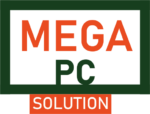

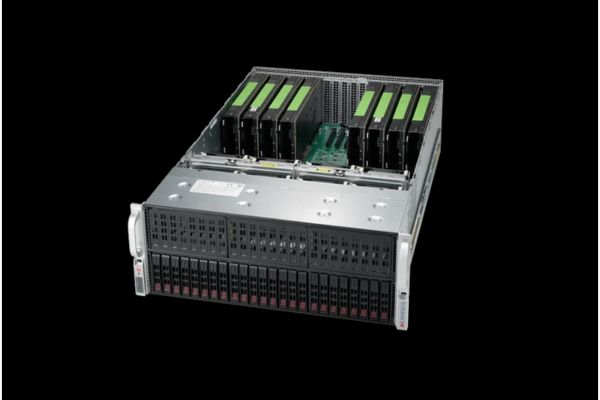
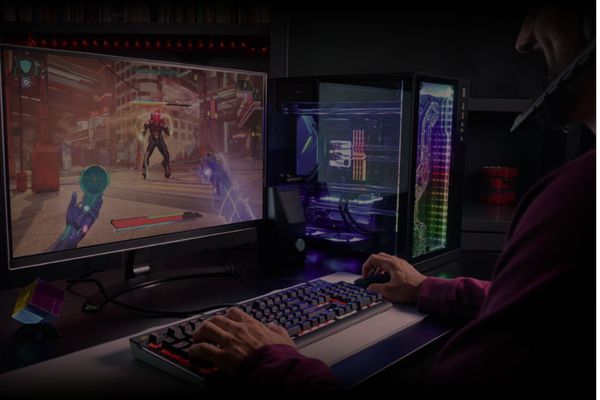
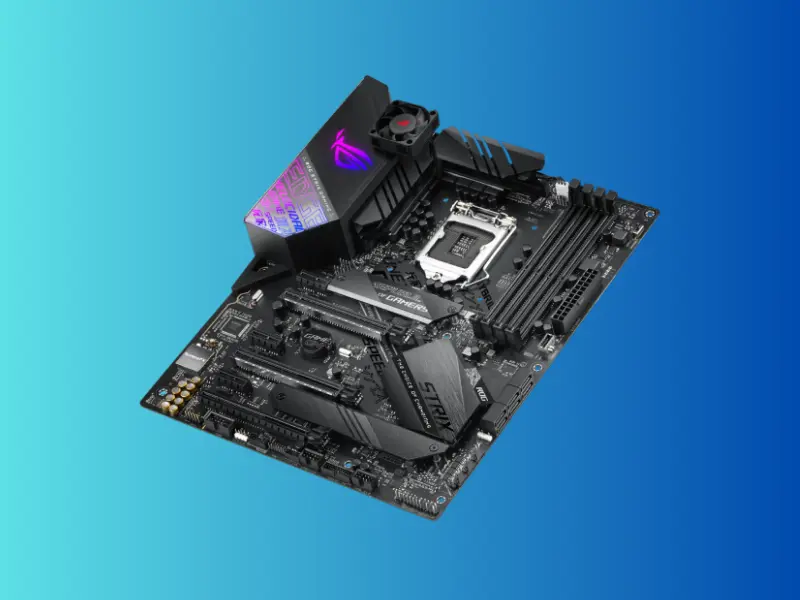
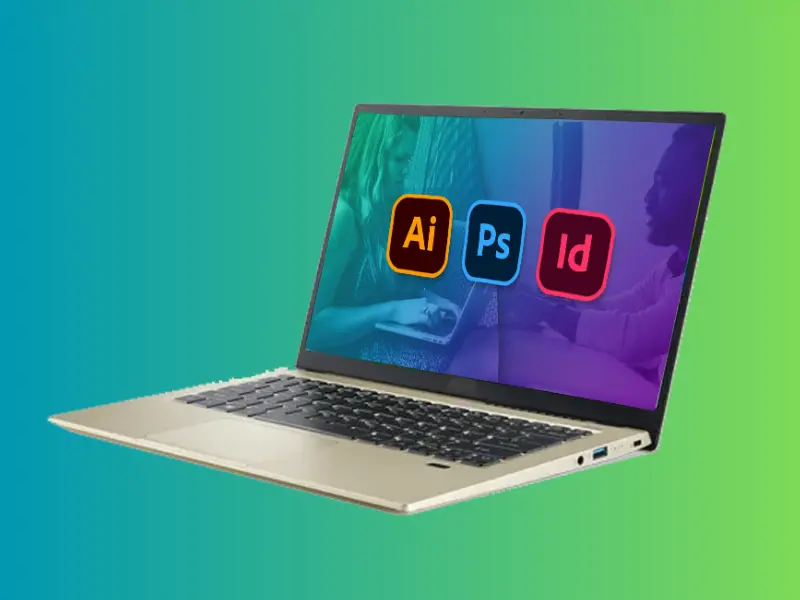
Hello!
Play and win when you bet at Spin! Claim your Amazing Spin Palace Online Casino Bonus while enjoying more than 600 award winning online casino games -https://tinyurl.com/y434jvw4
Good luck 🙂